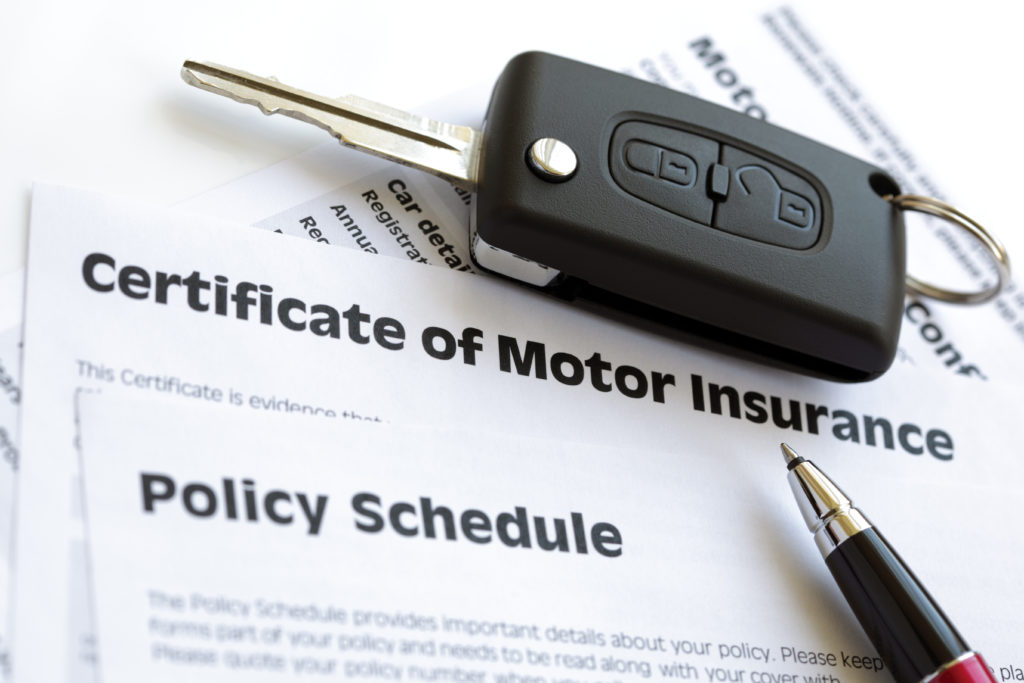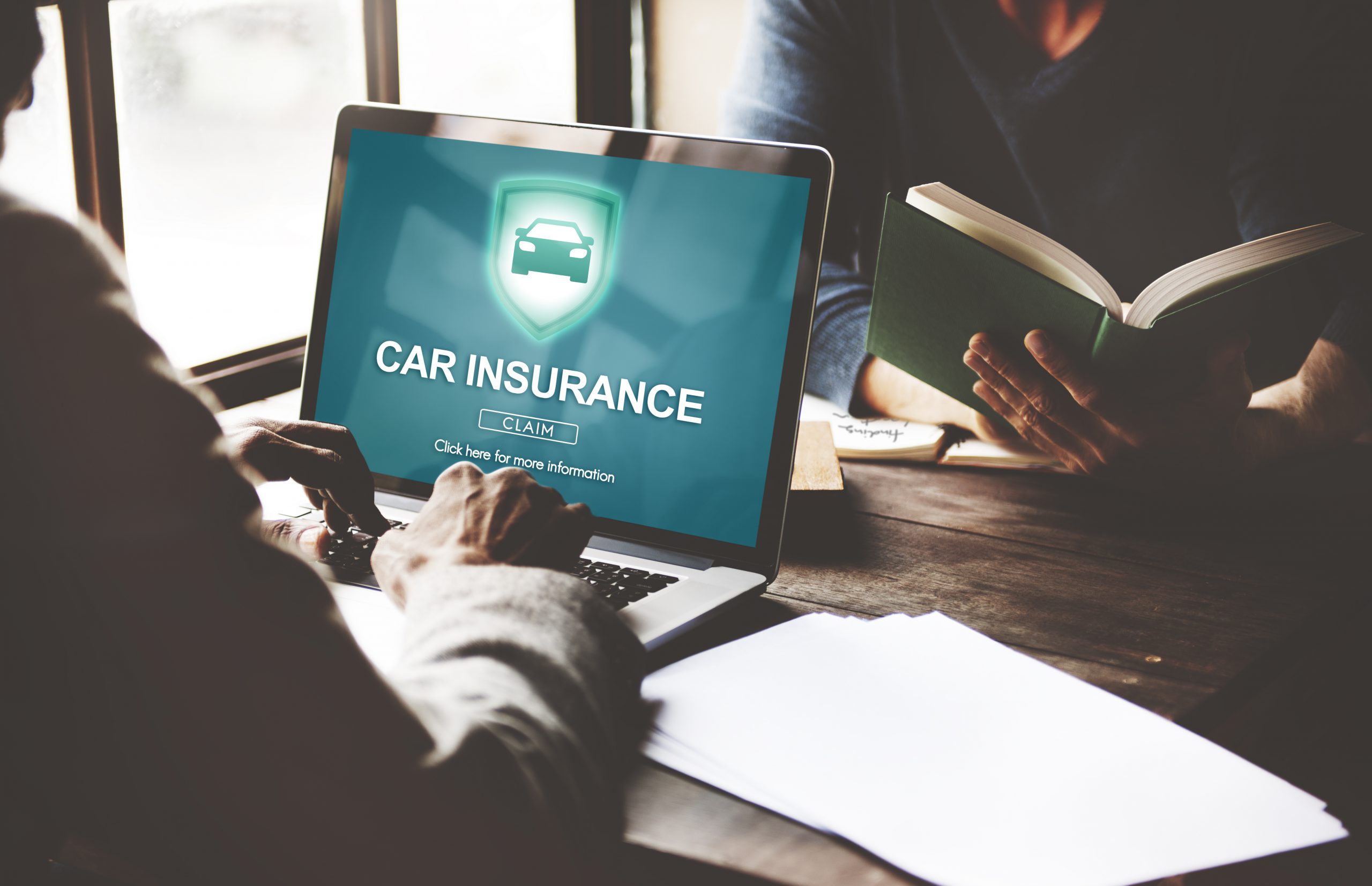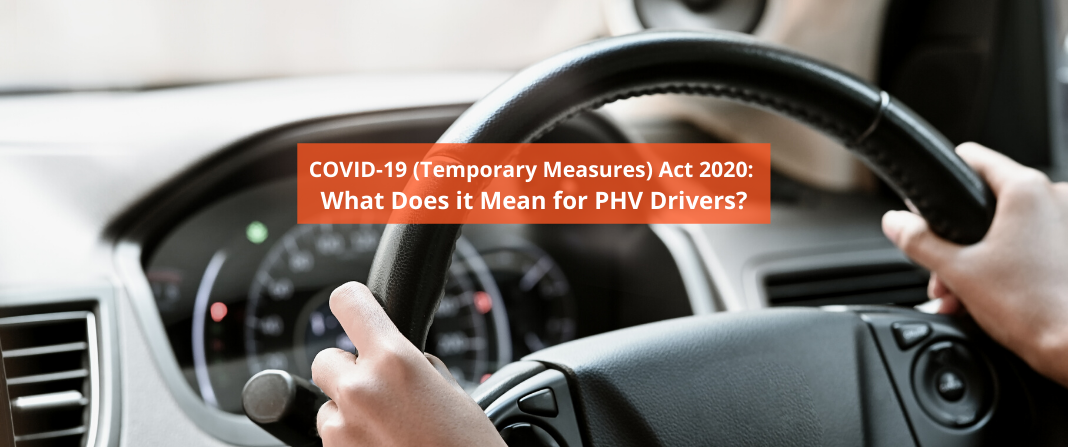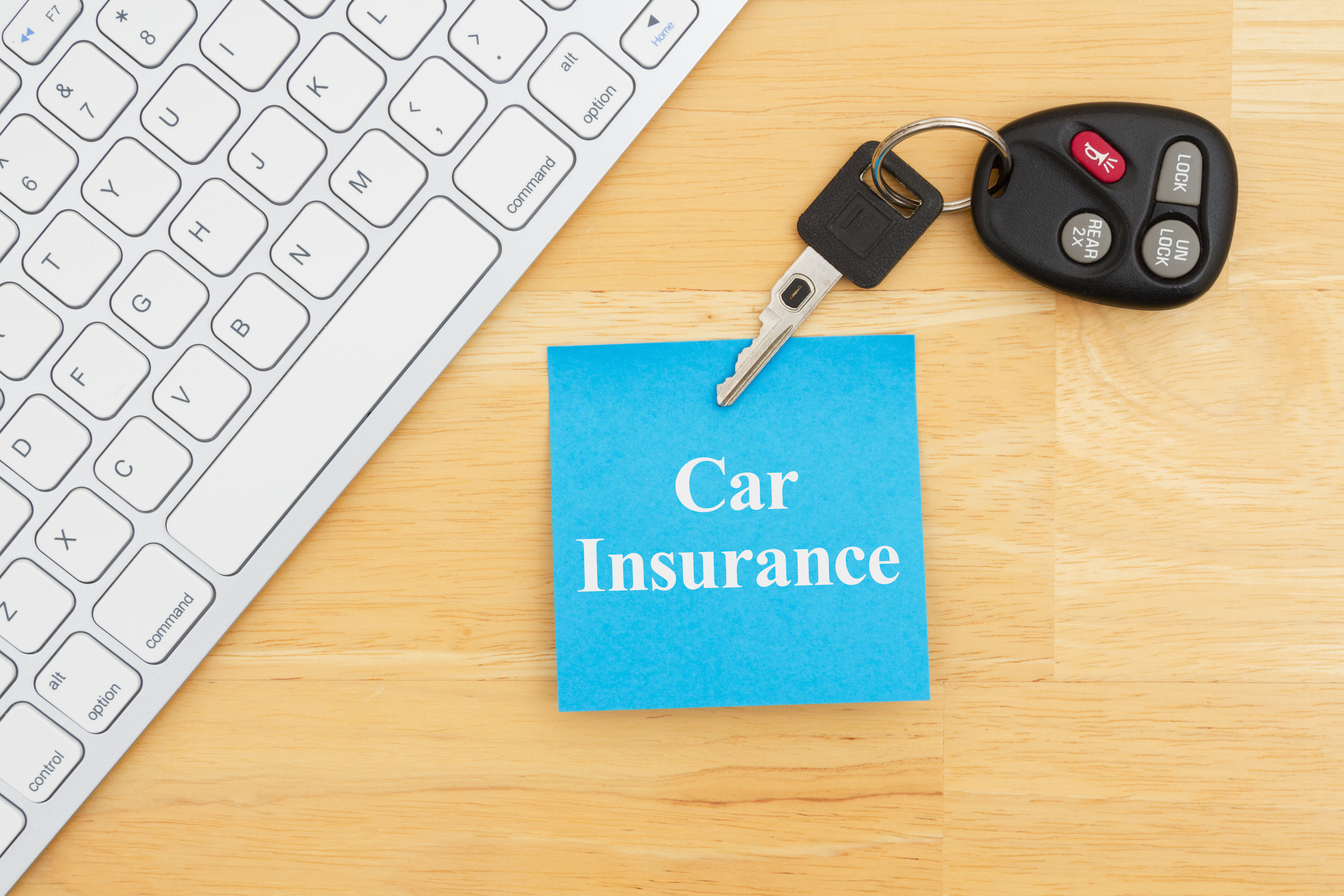Understanding Motor Insurance in Singapore
Motor insurance can be quite difficult to understand, with so many different things to figure out. There are different types of insurance policies, a ton of fine print, confusing clauses and more! No wonder it can be quite tough to fully understand the different insurance policies, even more so if you’re a first-time car buyer.
But that’s where we can help! Let us help you understand motor insurance in Singapore, starting with the different types of motor insurance available in Singapore.
Types of Motor Insurance
There are 3 main types of motor insurance – Third Party Only (TPO), Third Party, Fire and Theft or a Comprehensive Coverage.

1. TPO
The TPO is is the cheapest and most basic form of insurance coverage. This plan doesn’t cover the cost of repairs for your own car. Instead, it covers the damage done to the car you’re involved in an accident with. Hence the name – Third Party Only.
2. Third Party, Fire and Theft
This plan pretty much speaks for itself. You’ll be covered if your car catches fire, vandalised or gets stolen. The biggest difference comes with the ‘Third Party’ section of the plan. Unlike the TPO, this insurance plan will cover damages to your car when involved in an accident.
3. Comprehensive Coverage
The insurance of choice for most Singaporeans, comprehensive coverage offers the broadest option for drivers. It covers death/injury to other parties, medical costs and damage to property, just to name a few. The plan also covers the same things as the previous two plans. But of course, it costs quite a bit more too.
More often than not, when you get a car loan from a bank, you are required to get a comprehensive policy.
There’s no surefire solution to your motor insurance, so the decision is yours to make. Just because comprehensive coverage protects you the most, it doesn’t mean that you should get it. You should evaluate the condition and age of your car before deciding on which type of insurance is right for you!
Cheaper Insurance = Better?
When you go shopping, we’re sure you don’t just jump into making a purchase. You’ll take your time to compare and see what’s out there, helping you find the best deal.
The same applies to your motor insurance. Take it easy, take it slow. Find the best insurance deals from trusted insurers and compare them.
It’s important to note that the best deal doesn’t necessarily mean the cheapest, it’s all about the value. Which is how good your coverage is for the amount you’re paying.
But always remember to read the fine print and clauses in your insurance policy. Usually, cheaper motor insurance premiums result in a higher excess. This means if you get into an accident, you’ll have to fork out more up front!
What affects the premium prices?
Different people get different quotes for their motor insurance.

The premiums are calculated based on a set of variables and considerations specific to the individual. These include things like the person’s age, driving experience and whether the driver has been involved in an accident before. It’s also dependent on the type of plan you choose, whether you’ve made any claims before and more.
1. Individual Considerations
When insurance companies calculate your premiums, they usually take into account around 10 considerations. For in-depth information on these 10 considerations, read our Car Insurance for Beginners Guide – Calculation of Premium.
2. Add-ons
For cheaper motor insurance, some insurers allow you to opt out and tweak certain parts of your insurance policy. Some insurers offer the flexibility to customise your plan, which results in cheaper premiums.
From the “Excess” amount to the choice of workshops and even Personal Accident (PA) insurance, these are some things that can be tweaked to get lower premiums.
Check out our guide on how to get cheaper car insurance.
But before you start opting out of certain features and customizing your plan just to make it the cheapest, you must first understand the importance and value of each feature.
3. Process of Buying your Insurance
Just like buying or selling a car, getting motor insurance can be quite taxing and time-consuming. Even though the experience can be daunting, that doesn’t mean that you should just agree and accept everything that’s presented to you.
You should do your due diligence and thorough research to get the best deals for your car insurance.
But if you’d much rather have someone else do it for you, that’s possible too. Finding the best plan that suits your needs is hard work, so make sure you find a credible and trustworthy platform.
Genie Financial Services offers a hassle-free digital experience, finding you the best deals from an extensive list of trusted insurers. Their in-house motor insurance experts will advise you on the best insurance plans based on your personal circumstances – empowering you with the freedom to choose and compare the different plans available.
Clauses and Fine Print

Always read the fine print and understand the clauses in your motor insurance policy, failing to do so will almost certainly affect you negatively. Here are some common clauses typically found in an insurance policy that you might not be aware of.
1. Car Modifications
“Modifications may void your policy” – do you know what this means? If you don’t, or if you’re unsure, you better ask your insurer because it could negatively impact your policy.
Sometimes, even LTA-approved modifications might not be allowed! So before modifying your car, always seek your insurer’s approval. Otherwise, it may invalidate your entire policy.
2. Accident Coverage for Named Drivers
While you are fully covered by your insurance policy, some policies will only provide coverage of up to 50% for the other Named Drivers. The clause may also include limitations to only one accident during the insurance tenure.
3. Overseas Coverage
Most insurance policies offer overseas coverage but with certain limitations. Make sure that you examine the fine print closely to confirm the area where you’re covered.
4. Coverage limited to your vehicle
The term means that you can only claim for insurance for your own car. You won’t be allowed to claim when the damage is from another person’s car, which can be quite painful to your pocket if you get into an accident.
5. Vehicle Usage
You would think that the reasons behind how you use your car wouldn’t affect your car insurance. But it does!
This is especially important if your job requires you to drive out and meet clients. You need to make sure that your policy covers these tasks – through a full business coverage option.
Otherwise, you might find yourself facing problems when making a claim.
Looking to renew your motor insurance? Find the best plan that suits your needs with Genie Financial Services today! Select from a comprehensive list of trusted insurers and enjoy a quick and hassle-free experience.
People also liked: HOW TO GET CHEAPER CAR INSURANCE IN SINGAPORE JUMP-START YOUR CAR IN 5 EASY STEPS WHAT’S THE DIFFERENCE BETWEEN LEASING AND CAR SUBSCRIPTION?




